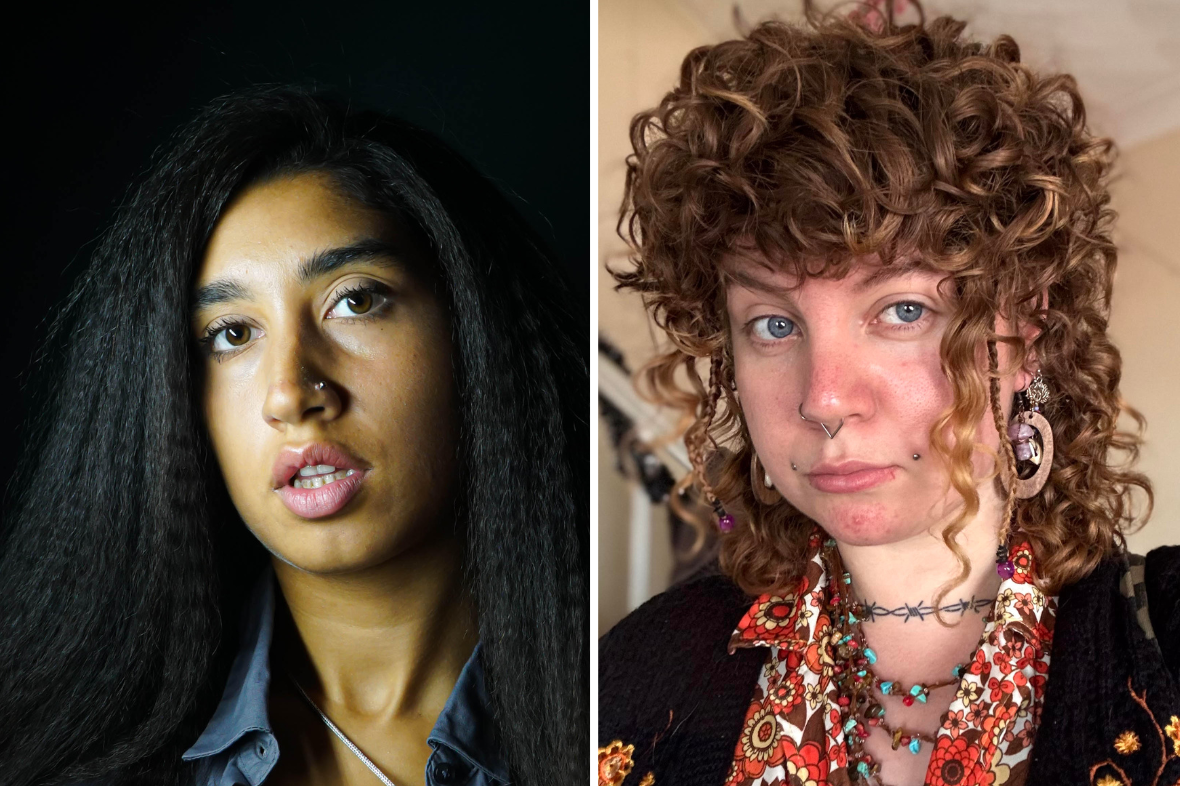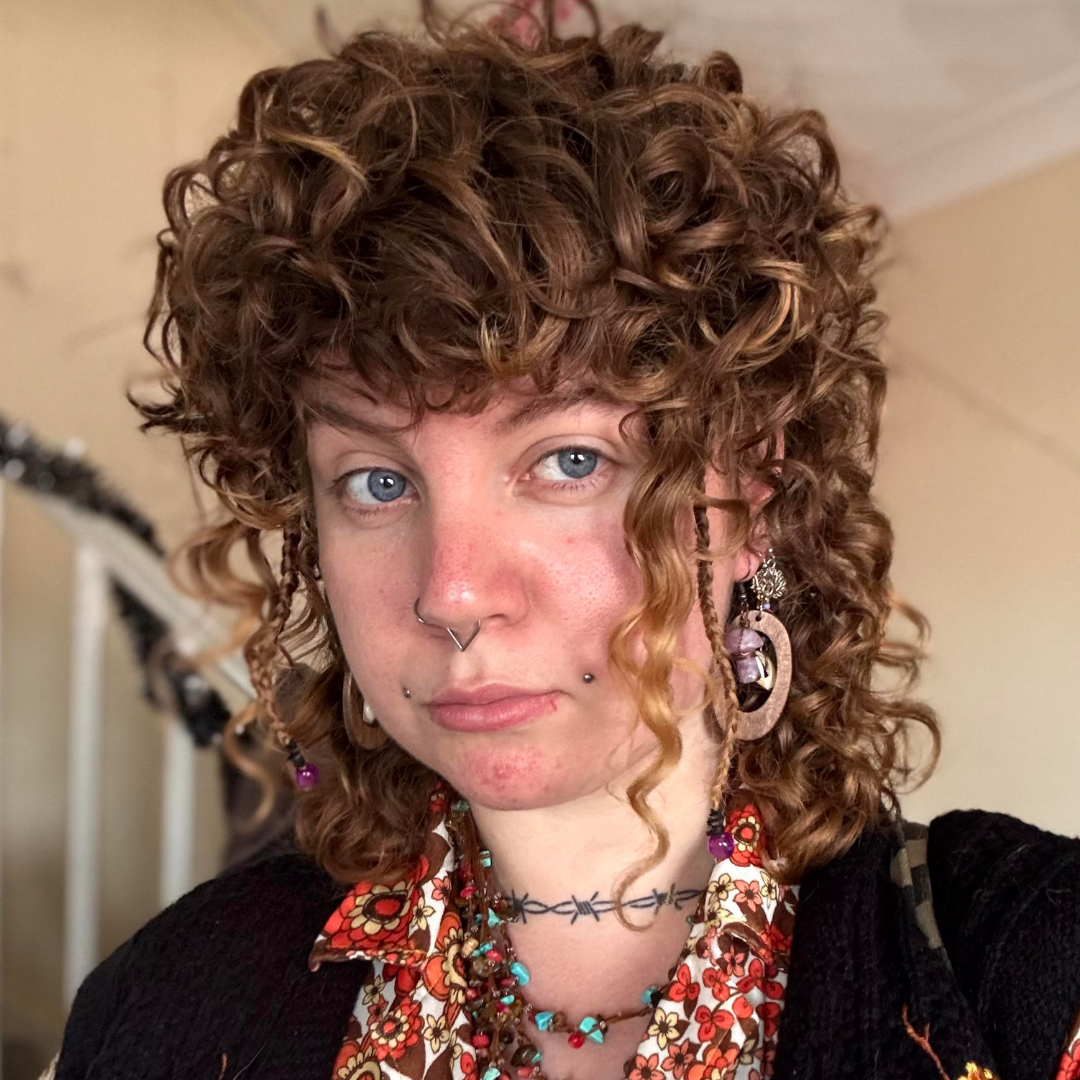Alarming new data shows a quarter of UK LGBTQ+ pupils at risk of dropping out before finishing secondary education

LGBTQ+ students in the UK are dropping out of education at a rate of more than twice the national average.
The alarming new international study by the global children’s charity Theirworld suggests nearly a quarter (24.8%) of LGBTQ+ students in the UK do not complete secondary school (11-16), compared to 12.1% across the country’s education system.
The findings come from a team led by Justin van Fleet, PhD, President of Theirworld and former Chief of Staff to the United Nations Special Envoy for Global Education and included Harvard’s Shelby Carvalho and Brown University’s Patrick Shaw.
The team applied data modelling on OECD and official government statistics across all 38 OECD member countries to estimate drop-out rates among LGBTQ+ pupils.
The projections show a drop-out rate of between 17.5% and 29.8% for LGBTQ+ secondary school students in the UK, with a midpoint of 24.8%.
The national figure is far higher than comparable countries including France (22.1%), Australia (15.8%) and Poland (10.9%) and suggests more than 280,000 LGBTQ+ students currently aged 12-17 are at risk of dropping out of secondary education in the UK.
In some countries, including Mexico, Costa Rica, Turkey, Brazil, Spain, and Argentina, more than half of LGBTQ+ students are projected to leave secondary school early if trends in the modelled countries hold true.
The startling figures build on earlier research, which revealed widespread bullying and discrimination in schools towards LGBTQ+ pupils in UK schools.
In fact, nearly half of the nation’s LGBTQ+ youth say they have faced hostility in educational settings, with more than one in four saying they did not or do not feel safe at school.
Justin van Fleet PhD, President of global children’s charity Theirworld, said: “Historically, it has been difficult to pinpoint drop-out rates among LGBTQ+ pupils, so this data is likely to come as a shock to many.
“In what is seen as a tolerant and progressive nation, to see that one in every four LGBTQ+ pupils may not make it through the education system is incredibly alarming.
“It’s astonishing that young people identifying as LGBTQ+ are finding schools to be places of discrimination instead of tolerance, understanding, and safety.”
Phoebe (she/her) is a lesbian and Just Like Us ambassador. She left formal education at 16: ” I was offered a place at a dance college. I had trained for a year towards the audition, but after receiving a place with a scholarship, I left after only one week due to anti-LGBT+ language. This behaviour was from both pupils and teachers alike.”
“At this time, I had just come out. I felt unsafe around my peers and teachers. This episode affected me to the extent that it became my last attempt at formal education.”
Lav (he/they), a 23 year old Just Like Us ambassador, from Liverpool, is transmasculine, non-binary and begged their parents to let them leave their secondary school: “I remember very clearly how other LGBT+ people were spoken about amongst my school peers; strange, weird, ‘those are people to stay away from’. I carried this huge shame, which felt heavier than my backpack of books.
“Once I walked out of class holding my friend’s hand, a girl I’d had a crush on for months. A teacher stopped us to tell us that affection between girls like that was inappropriate.
I was bullied for being a lesbian – I had to hide my gender identity like a dirty secret. I distinctly remember asking for help, and a teacher told me the problem was with me; that if I wanted to have friends like everyone else, then I needed to change who I was.
“I knew I had to leave after that moment. I begged my parents to let me change schools, and eventually they agreed, because even they knew I couldn’t survive there any longer.”

"I had to hide my gender identity like a dirty secret."
Lav (he/they), a 23 year old Just Like Us ambassador, from Liverpool, is transmasculine, non-binary and begged their parents to let them leave their secondary school
Theirworld’s LGBTQ+ Safe Schools and Education Task Team, comprised of 8 young people from 6 countries, will meet with local representatives in the next 6 months to discuss the results and make key recommendations to schools, including:
- Enforcing strong anti-bullying policies for all students, irrespective of sexual identity, and greater training for staff on conflict resolution
- Creating anonymous reporting and support systems so students can seek help, safely, and without fear of reprisal
UK based task team members include Nirvana Yarger, 27, a teacher from London and a Global Youth Ambassador of Theirworld who identifies as queer. Yarger said: “This research is a wake-up call. We’re seeing a dangerous backslide in how LGBTQ+ young people are treated. If schools want students to stay in education and thrive, they must step up. There are practical steps schools can take — and they must start now.”